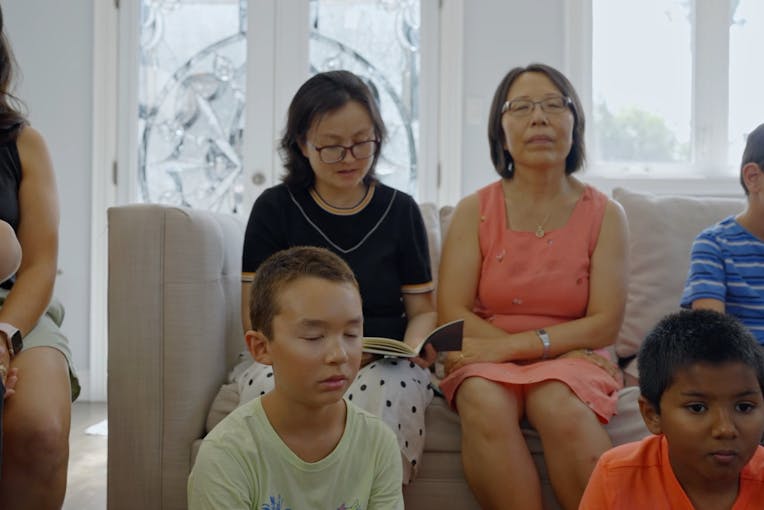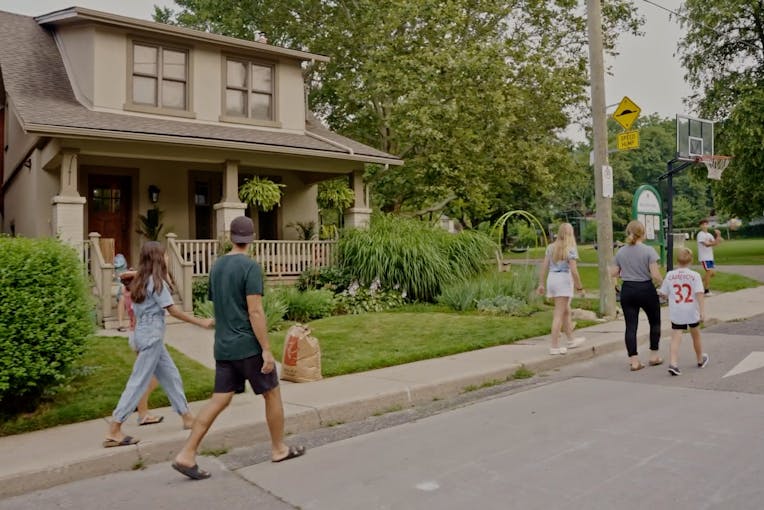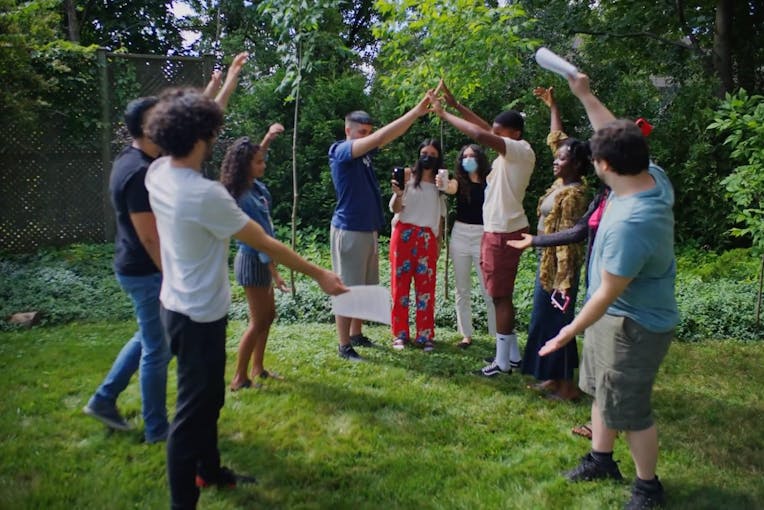
Bahá’í Temples
Bahá’í Houses of Worship, built to embody beauty and oneness, grace and simplicity, invite all to experience a serene and spiritual atmosphere, free of rituals of any kind, where hearts are uplifted through prayer and reflection on the noble ideas enshrined in sacred writings.
Central to the concept of a House of Worship are two essential and inseparable aspects of life: worship and selfless service to humanity. Prayer brings joy and heightens our awareness of our essential nobility and true purpose. Our thoughts expand to encompass concern for the well-being and progress of our fellow human beings, beginning with our own families, our neighbours, and our communities.
Prayer has the power to awaken the natural impulse in the human heart to render service to others. As it becomes part of a regular pattern of individual and collective life, it reinforces and sustains these endeavours to contribute to the betterment of society.
As a building dedicated to prayer and meditation, the presence of a House of Worship in a community gives form to a regular pattern of worship that can inspire and strengthen the efforts of thousands to live a life of service.




A Temple open to all people
All Bahá’í Temples are designed to have nine sides and be surrounded by pathways leading to gardens and natural areas. The Bahá’í sacred writings require that no sermons or ritual ceremonies are performed in Bahá’í Temples, and devotional services feature only the scriptures of the Bahá’í Faith and other religions.
The distinction between continental, national, and local Houses of Worship is a matter of scale and orientation. The national Bahá’í House of Worship in Canada will be a focal point of worship within the country. Designated for the people of Canada, the Temple design will speak to the aspirations of country’s diverse inhabitants, as a symbol of the oneness of humankind.
There are currently thirteen Bahá’í Temples in the world. Eight of these are continental Houses of Worship, located in the United States, Uganda, Australia, Germany, Panama, Samoa, India, and Chile. Four others are local Houses of Worship, and one other – in the Democratic Republic of Congo – is a national House of Worship.